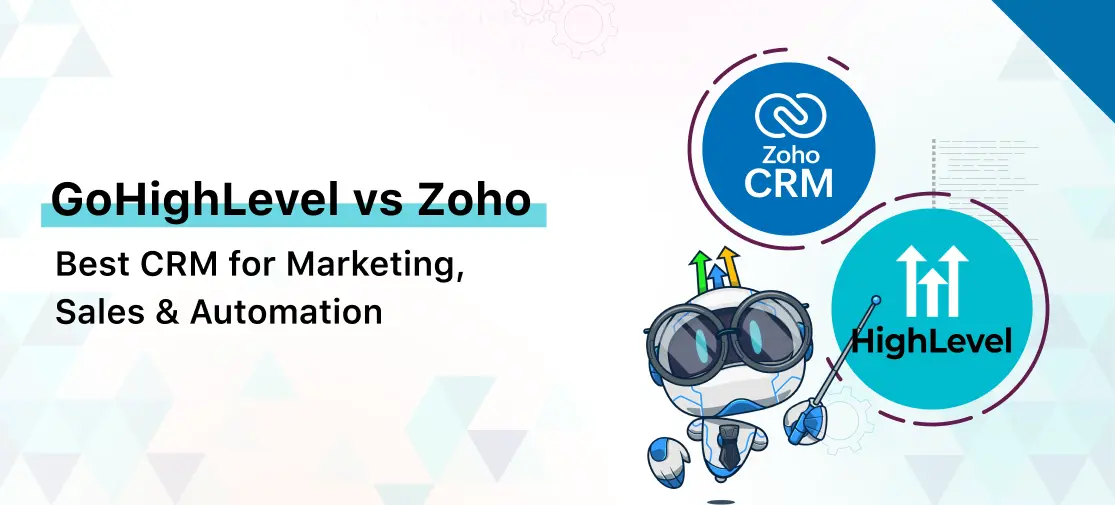Introduction
Currently, most developers use Node.js, making it one of the most widely used programming languages. As you know Node.js is an open-source and server-side environment for JavaScript code. It follows the asynchronous architecture and cross-platform compatibility by which it’s considered one of the most popular foundations for web developers.
Therefore, let's first discuss how these libraries benefit developers before learning which node.js libraries are most effective.
What is a Node.Js library?
A module, also called a library, is prewritten code that abstracts frequently needed operations. Libraries can be used to facilitate code reusability and accelerate the coding process. It is highly beneficial to the developers as it offers
- High-performance for real-time app
- Easy scalability
- Reduce loading time.
- Customised requirements.
- Improves application response.
- Boost performance.
To acquire these benefits, use and handle an appropriate Node.js library for your next project.
The most Useful Node.js libraries
Node.js does support the code reusability function but choosing the best one could be daunting. As a result, we have included a few top node.js libraries that you may find useful for your project.
Express- Web Framework
It’s one of the most popular Nodes.js libraries as it offers a robust set of features for web and mobile applications that handles routes, views, redirects and even more with easy installation
npm install expressThe implementation of the express library is quite easy
const express = require("express");
const app = express();
app.get("/", (req, res) => {
res.send("Hello World!");
});
app.listen(3000, () => {
console.log("Server started on port 3000");
});
Socket.io- Real-time communication
Socket.io offers real-time two-way communication between the browser and the server. So, the library makes an easy-to-add real-time function for chat, instant notification, and live updates.
npm install socket.ioThe look on the server side would be like
const io = require("socket.io")(3000);
io.on("connection", (socket) => {
socket.emit("message", "Hello!");
socket.on("message", (msg) => {
console.log(msg);
});
});
By implementing the above code the client gets connected in
Nodemailer- Email Sending
It’s another popular module of Node.js, especially for sending emails. It makes handling various email transports simpler by separating away the complexity, so you can send emails from your Node apps with ease by installing it
npm install nodemailerYou can implement this code to send emails to a Gmail account
const nodemailer = require("nodemailer");
const transporter = nodemailer.createTransport({
service: "Gmail",
auth: {
user: "youremail@gmail.com",
pass: "yourpassword",
},
});
const mailOptions = {
from: "youremail@gmail.com",
to: "myfriend@gmail.com",
subject: "Nodemailer test",
text: "Hello from Nodemailer!",
};
transporter.sendMail(mailOptions, (error, info) => {
if (error) {
console.log(error);
} else {
console.log("Email sent: " + info.response);
}
});
It supports sending emails through SMTP, Sendmail, Amazon SES, Mailgun, SparkPost and more, making it perfect for sending account registration.
Winston- Logging
It’s a simple universal logging library that provides support transport for writing logs to the console, files, and external services like Loggly or Logz.io.
npm install winstonThis is how a simple Winston logger looks like
const winston = require("winston");
const logger = winston.createLogger({
level: "info",
transports: [
new winston.transports.Console(),
new winston.transports.File({ filename: "combined.log" }),
],
});
logger.info("Log message");
With its extensible nature, it is easy to integrate Winston with existing logging requirements.
Chart. Js-Data Visualization
It’s a versatile library that allows you to create responsive canvas-based statistics charts. It includes the line, bar, radar, polar, pie, bubble, scatter, and even area charts.
You can install chart.js by
npm install chart.jsIt’s simple to implement a chart.js
const Chart = require("chart.js");
const chartData = {
labels: ["Jan", "Feb", "Mar"],
datasets: [
{
label: "Sales",
data: [12, 19, 3],
backgroundColor: "rgb(255, 99, 132)",
},
],
};
const chartConfig = {
type: "bar",
data: chartData,
};
const chart = new Chart(document.getElementById("myChart"), chartConfig);
If you are willing to add an attractive and good-looking chart then chart.js is the library to choose from.
Passport- Authentication
It’s a Node.Js library for authentication that supports username/password for more than 500 supporting platforms including Facebook, Twitter, Google, GitHub and even more.
npm install passportHere's an illustration of how to authenticate with a username and password using the local strategy:
const passport = require("passport");
const LocalStrategy = require("passport-local").Strategy;
passport.use(
new LocalStrategy((username, password, done) => {
// lookup user and verify password
return done(null, user);
}),
);
app.post("/login", passport.authenticate("local"), (req, res) => {
res.send("Logged in!");
});
Passport simplifies the process of shifting user authentication to widely used platforms. Its modular architecture enables a high degree of personalisation and configuration.
Multer-File Uploads
A Node.js gateway called Multer handles multipart/form-data upload file uploads. It is easy to integrate with Express, which makes it simple to allow file uploads in your applications.
npm install multerA basic Express setup with Multer looks like this:
const express = require("express");
const multer = require("multer");
const upload = multer({ dest: "uploads/" });
const app = express();
app.post("/profile", upload.single("avatar"), (req, res) => {
// req.file contains the uploaded file
res.send("File uploaded");
});
This Node.js library will remove the complexity of file uploads, saving files and validation in mime(Multipurpose Internet Mail Extension) types. It is capable of being set up to upload files to AWS S3 or store them locally.
Node.Js in 2024
There is no doubt that Node.js is constantly evolving with new updates and advancements making it the forefront of web development. Moreover, with the release of Node.js 20.10, the developers can hope for better tools and frameworks for developing, deploying and managing microservices.
If we look further into web development services then Node.js will be the basic necessity as it plays a vital role in shaping the industry. With its event-driven and non-blocking nature, Node.js is best for building serverless functions and handling real-time data-driven processes
Conclusion
As there are various modules available in Node.js the most suitable is the only one that fulfils your business requirements.
Therefore, our skilled team of NodeJS developers at Techvoot Solutions has years of experience building reliable NodeJS applications for clients at a global level. Please get in touch with us if you have any queries about using NodeJS libraries or if you want to hire a NodeJS developer for your company. We would like to help you.




